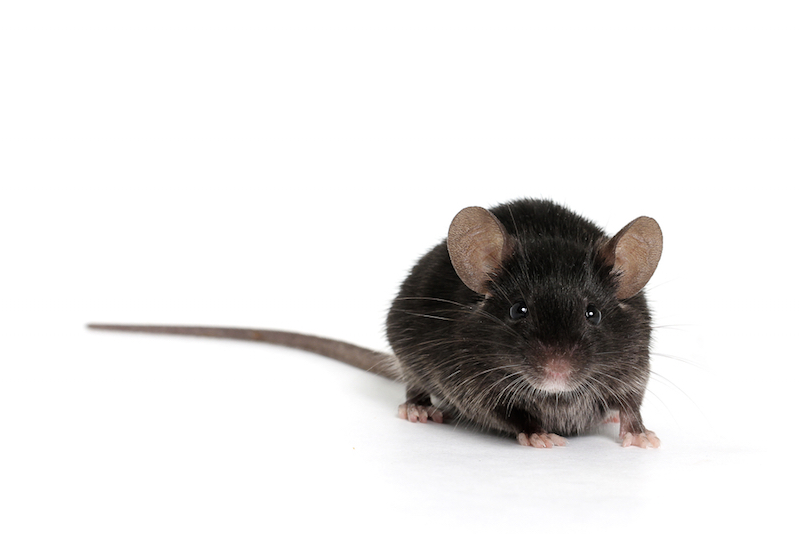
Why Do Mice Poop So Much?

If you've ever had a wild mouse loose in your kitchen, chances are you first noticed the pest because of the droppings it left behind.
The question begs to be asked: Why do mice poop so much?
The main reasons are that mice eat a lot and they aren't potty trained, said Cynthia Alvarado, a clinical veterinarian at The Jackson Laboratory in Bar Harbor, Maine. [Why Is Poop Brown?]
"Although they are small, mice typically require more food per gram of their body weight when compared with a larger mammal, such as a dog, cat or human," Alvarado told Live Science.
Also, mice are omnivorous, and eating plant material leads to greater fecal output, she said. Moreover, these countless turds may be more than just the heedless droppings of a rodent. "Mice may also be marking their territory by urinating and defecating in their environment," Alvarado said.
Some mice defecate more than others, she added. For instance, a mouse's weight, sex, age, diet, activity level, life stage (whether they're gestating, lactating, growing or simply maintaining themselves), and even the ambient temperature of its environment, all influence how much that mouse poops, Alvarado said.
Adult lab mice can defecate anywhere from 0.009 ounces to 0.03 ounces (0.25 grams to 1 gram) a day, depending on these factors, she said. For a typical lab mouse weighing 0.89 ounces (25 g), 0.0009 ounces is 1 percent of their weight, Alvarado said.
Sign up for the Live Science daily newsletter now
Get the world’s most fascinating discoveries delivered straight to your inbox.
Some people may notice that mice appear to poop in a straight line. That's because mice tend to stay close to walls or corners when they're navigating their environment. They also like to avoid lighted areas, Alvarado said.
"This behavior allows them to easily escape or hide when a predator or other danger approaches," she said. "When they do venture out into the open of an unfamiliar place, they do so quickly to avoid being captured. This might be why it appears that mice defecate in a straight line," because that's the way in which they walk.
No one likes finding mouse feces in the kitchen, and mouse prevention is especially important because rodent droppings can carry infections. For instance, deer mice (Peromyscus maniculatus) and white-footed mice can transmit hantavirus pulmonary syndrome, which can cause fever, headaches, muscle aches, stomach problems, dizziness and chills in infected people, according to the Centers for Disease Control and Prevention (CDC).
The CDC has tips for hantavirus prevention, including setting mouse traps and keeping food out of the reach of mice. People can also seal cracks in living spaces to keep out rodents, but this can be challenging because "mice can squeeze through a hole the size of a nickel or smaller, depending on their size," Alvarado said.
If you have a pet mouse, remember to wash your hands after handling it, especially if it poops on you.
Original article on Live Science.

Laura is the archaeology and Life's Little Mysteries editor at Live Science. She also reports on general science, including paleontology. Her work has appeared in The New York Times, Scholastic, Popular Science and Spectrum, a site on autism research. She has won multiple awards from the Society of Professional Journalists and the Washington Newspaper Publishers Association for her reporting at a weekly newspaper near Seattle. Laura holds a bachelor's degree in English literature and psychology from Washington University in St. Louis and a master's degree in science writing from NYU.










